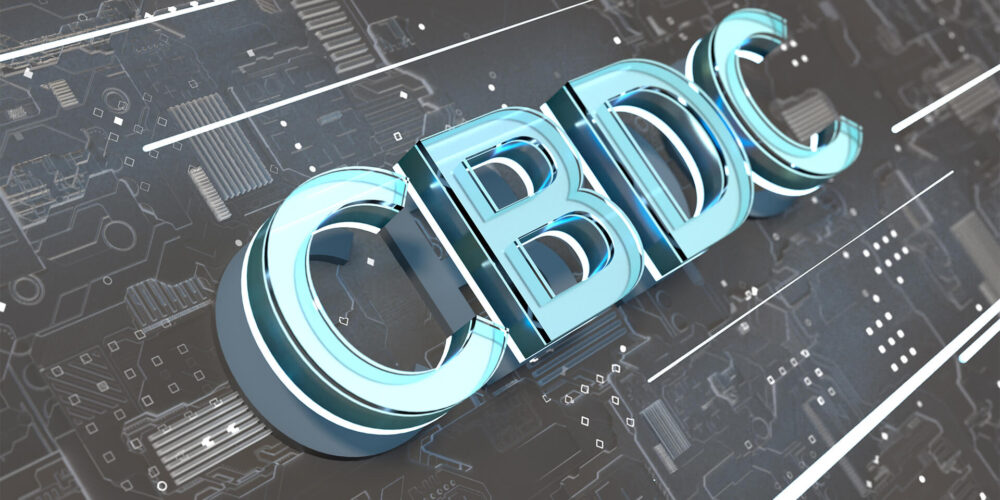As governments around the world pivot towards mandatory digital identity systems in 2025, they herald a new era of security and streamlined services. However, this shift is met with escalating opposition worried about the grave implications for privacy and civil liberties. The balance between convenience and personal freedom hangs in a delicate balance.
Global Digital ID Expansion: A Concerning Trend
China’s implementation of the “Citizen Credit Reset” serves as a cautionary tale in the digital ID conversation. Citizens are required to use a state-issued digital ID for everyday tasks — from purchasing food to accessing the internet. This system melds individual actions into a comprehensive database, consolidating surveillance under a single national identity. Critics warn that such measures create a “point of no return,” where personal autonomy is irrevocably compromised.
Across Europe, the stakes are similarly high. As the European Central Bank pilots the digital euro — potentially enabling “programmable money” — privacy advocates express concern over surveillance capabilities inherent in digital currencies. Furthermore, the EU’s proposed Chat Control aims to mandate scanning encrypted messages, igniting alarm over the erosion of private communication. Amid these developments, citizens are grappling with what these digital identities mean for their freedom and security.
The UK Takes a Bold Step
In a bold move, Prime Minister Keir Starmer announced on September 25, 2025, a compulsory digital ID for employment checks, set to roll out by 2029. This initiative is part of a broader agenda to combat illegal immigration and exploitation. Starmer argued, “Digital ID is an enormous opportunity for the UK,” asserting that it would fortify border security while providing citizens seamless access to essential services.
The digital ID system will be stored on individuals’ smartphones through the GOV.UK Wallet, featuring encrypted personal data like residency status. While the ID is compulsory only for employment verification, Culture Secretary Lisa Nandy noted, “They won’t be required to use it on a daily basis,” assuring the public that daily life wouldn’t necessitate constant ID checks. Yet, with the government’s emphasis on compliance, questions loom about the implications for those unwilling to adopt this new digital premise.
Opposition and Fears of a ‘Checkpoint Society’
As support for digital IDs grows among some politicians, civil liberties groups like Big Brother Watch are raising alarms. Describing the UK plan as a move towards a “checkpoint society,” they assert it would create a pervasive surveillance infrastructure that threatens individual freedoms. Their petitions have garnered millions of signatures from concerned citizens, underscoring widespread apprehension about government overreach.
Former minister David Davis has labeled the initiative “profoundly dangerous to privacy,” while Nigel Farage of Reform UK pledges to fiercely oppose the mandate, arguing it “will make no difference to illegal migration.” As the public discourse heats up, the divide between security proponents and civil libertarians becomes increasingly evident, framing an urgent debate over personal rights in a modern digital context.
The International Landscape: Lessons from Abroad
Comparative analysis reveals mixed outcomes from global digital ID implementations. Estonia’s system, touted as a model, empowers citizens to engage in activities like voting and accessing health services efficiently. Conversely, China’s draconian measures show that an overreach can yield social control cloaked in technological advancement. This disparity raises pivotal questions: can governments ensure user safety and privacy under a digital ID framework, or does it inevitably invite surveillance and control?
The European Central Bank guarantees privacy levels comparable to traditional cash transactions with the digital euro. Nonetheless, skeptics argue that true anonymity is nearly impossible in digitized financial systems. As nations embark on defining their digital futures, they must tread carefully, striking a balance between innovation and civil liberties.
Preparing for a Controlled Digital Future
Experts suggest that to mitigate potential government overreach, citizens should consider embracing decentralized technologies like Bitcoin and alternative platforms such as Nostr that promote privacy and resist censorship. Meredith Whittaker emphasizes the stakes involved: she “would rather withdraw from Europe than compromise encryption integrity.” This assertion reflects the broader call for vigilance as societies navigate the complexities of digital identities.
As governments across the globe push for digital identification systems, the choices made in upcoming years will profoundly shape the relationship between individuals and the state. The technology itself does not dictate freedom; it is the governance around it that ultimately defines whether we are empowered or controlled. Advocates for privacy and freedom must remain engaged, ensuring that any transition to a digital future respects individual rights and agency.
Sculpting a Future of Freedom or Control
The impending digital ID rollout paints a complex picture, highlighting the stark tension between security and civil liberties. As debates unfold, the necessity for informed public discourse and cautious policymaking becomes paramount. Citizens must advocate for their rights, demanding transparency and accountability from their governments as the world steers towards an inevitable digital future. The march towards modernity should not come at the expense of freedom; rather, it should empower individuals to navigate the digital age without fear of surveillance or infringement upon their rights.





